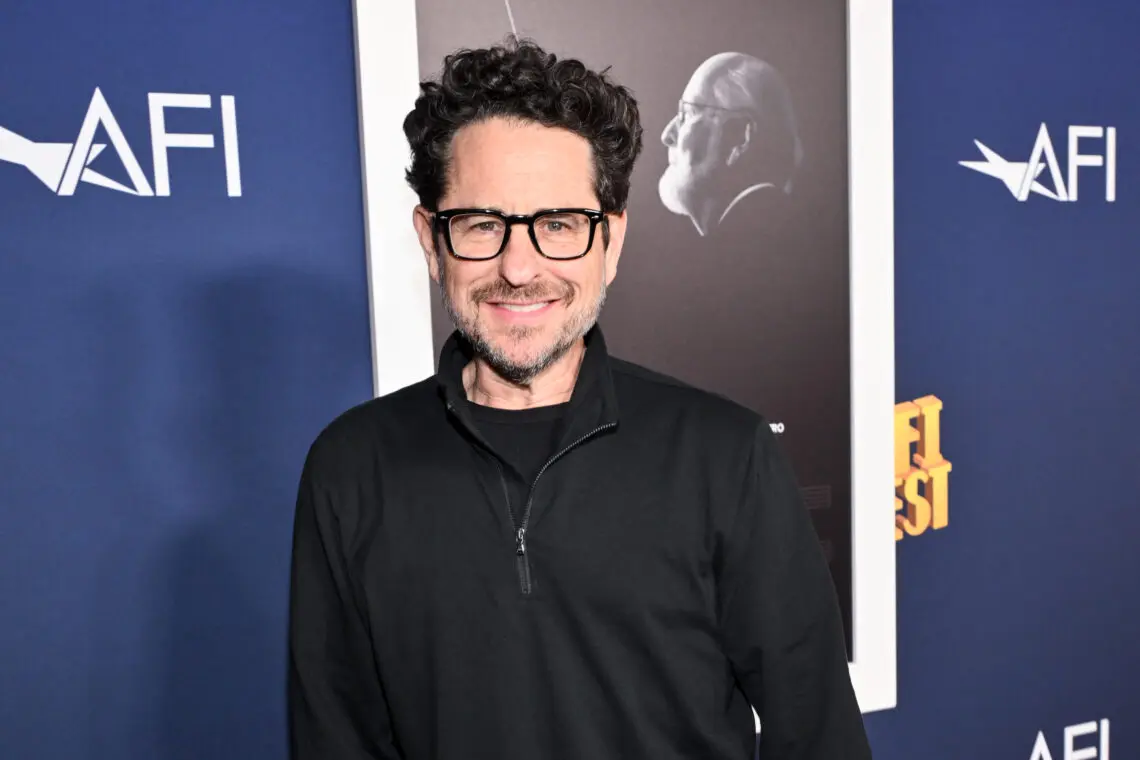Back in June 2019, J.J. Abrams struck a massive overall deal that would keep him in the fold of Warner Bros., his home studio since 2006.
The five-year pact, pegged at $500 million at the time, had a unique structure that allowed Abrams to draw from a significant pool of money to sign other writers to overall deals. That positioned the multi-hyphenate behind “Felicity” and “Lost” as not just a content creator but a mogul whose Bad Robot production company would incubate the next generation of storytellers, with Abrams and his wife, Katie McGrath, overseeing the stable. Five and a half years later, Warner Bros. doesn’t have much to show for all the coin that it showered on Abrams, even as the value of the deal dropped by half because Bad Robot failed to reach the financial and output benchmarks that would have triggered the full $500 million. With less leverage than it had in 2019, Abrams’ team has quietly closed a more modest production pact with the studio that sources say will cover film and TV. It’s a signal to agents and managers around town that the era of the nine-figure writer-producer megadeal has peaked. (Bad Robot and Warner Bros. declined comment.)
If the plan was to fashion Abrams into a cross between Bob Iger and Rembrandt, it didn’t quite work out. Bad Robot spent about $50 million of Warners’ money setting satellite deals with writer-producers like Angela Robinson, Dustin Thomason, Jessie Nelson and LaToya Morgan that yielded little. The goal was to turn Bad Robot into a mini studio with autonomy within Warners.
Popular on Variety “The CEO thing whiffed,” says one top dealmaker. “But this was overall-deal heyday time.”
In 2022, HBO Max put the brakes on Robinson’s “Madame X” series, which was based on the immortal DC character. Last year, the streamer opted not to move forward with Thomason’s “Overlook,” a spinoff of Stephen King’s “The Shining.” Nelson’s “Little Voice,” a music-heavy ode to 20-something ennui that was produced by Warner Bros. TV and released by Apple TV+, lasted one season before being canceled in 2021. And Morgan’s “Duster” has endured a long journey to the screen. The FBI drama was given a straight-to-series green light at HBO Max in 2020 and is finally set to debut on Max in 2025. Sources say Morgan was paid $10 million-plus for eight episodes.
“The squeeze is on, and the economy is really putting a new spotlight on extravagance,” says Stephen Galloway, dean of Chapman University’s Dodge College of Film and Media Arts. “This is now a meat-and-potatoes economy. It was always a luxury business, and now everybody is feeling the pinch. You’re looking at the layoffs, the fracturing of some of these big companies, the debt load they’ve taken on. We’re not in a recession, but we are in a recession economy.”
With his new deal, Abrams is no longer at the top of the shrinking ranks of writer-producers with nine-figure deals. Agents familiar with Hollywood’s pecking order say Dick Wolf is king, thanks to the sheer tonnage of his “Law & Order,” “FBI” and “Chicago” franchises across NBC and CBS. He’s followed by Ryan Murphy (Disney, “American Horror Story”), Shonda Rhimes (Netflix, “Bridgerton”), Dan Fogelman (Disney, “Only Murders in the Building”), Taylor Sheridan (Paramount, “Yellowstone”) and Greg Berlanti (Warner Bros., “The Flash”). Berlanti has two years left on his $120 million pact and likely will face a still-inhospitable climate when the time comes to negotiate. Some, like comedy kingpin Chuck Lorre, have more complicated deals that may eclipse those of the mega-earners due to back-end compensation terms for shows that perform well.
If volume is key for the writer-producer, the once-prolific Abrams hit a block at just the wrong time. On the TV front, HBO Max scrapped Bad Robot’s “Constantine” series based on the DC property. On the big screen, plenty of hype surrounded an Abrams-produced Black Superman film with a script by Ta-Nehisi Coates. That project is technically still alive but has seen no forward movement since early 2023. Instead, Warner Bros.-DC has the James Gunn-directed “Superman” reboot hitting theaters on July 11. Abrams did produce the upcoming 1980s-set “Flowervale Street” starring Anne Hathaway. Though the $85 million thriller, which bows on March 13, may include dinosaurs, it isn’t the kind of tentpole WarnerMedia brass had in mind back in 2019.
Even if Abrams’ output had fared better, he would still be at the mercy of the marketplace. COVID and the twin labor strikes of 2023 wreaked havoc on the industry, shuttering or stalling productions and decimating the bottom line for legacy studios. More than a year after SAG-AFTRA reached an agreement with the studios, production has yet to return to normal. That has sent CEOs including Warner Bros. Discovery’s David Zaslav looking for gristle to trim.
“The focus on downsizing at studios means having another look at these generous talent deals,” says Jason Squire, professor emeritus at USC School of Cinematic Arts and host of “The Movie Business Podcast.” “Warner Bros. Discovery — and other studios too — have a lot of pressure from stockholders and the board to reduce their debt, and talent [costs] is one way to do it.”
But if there was one unmistakable sign that a new day was dawning, it was that HBO pulled the plug on Abrams’ $200 million-plus series “Demimonde” in 2022 due to budgetary concerns. The Warner Bros. Television-produced sci-fi drama was then shopped to the deep-pocketed streamers. There were no takers.
Says one veteran producer: “The Bad Robot deal was a massive coronation of J.J. He basically was a working screenwriter who Hollywood helped [turn] into the next Steven Spielberg. But the question is, what did Warner Bros. get out of that deal?”

 Italian
Italian







